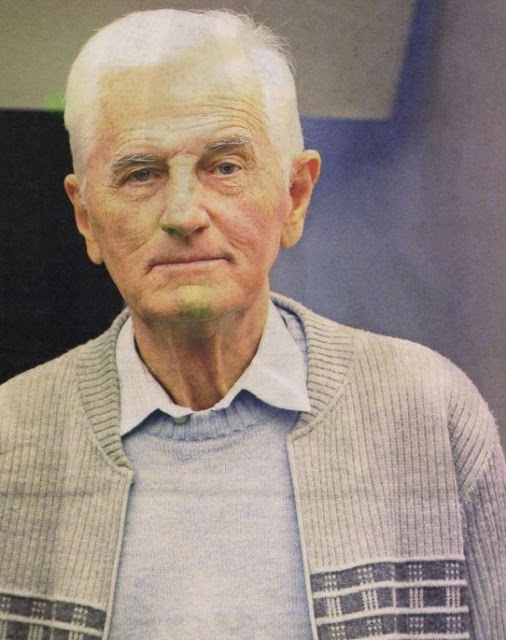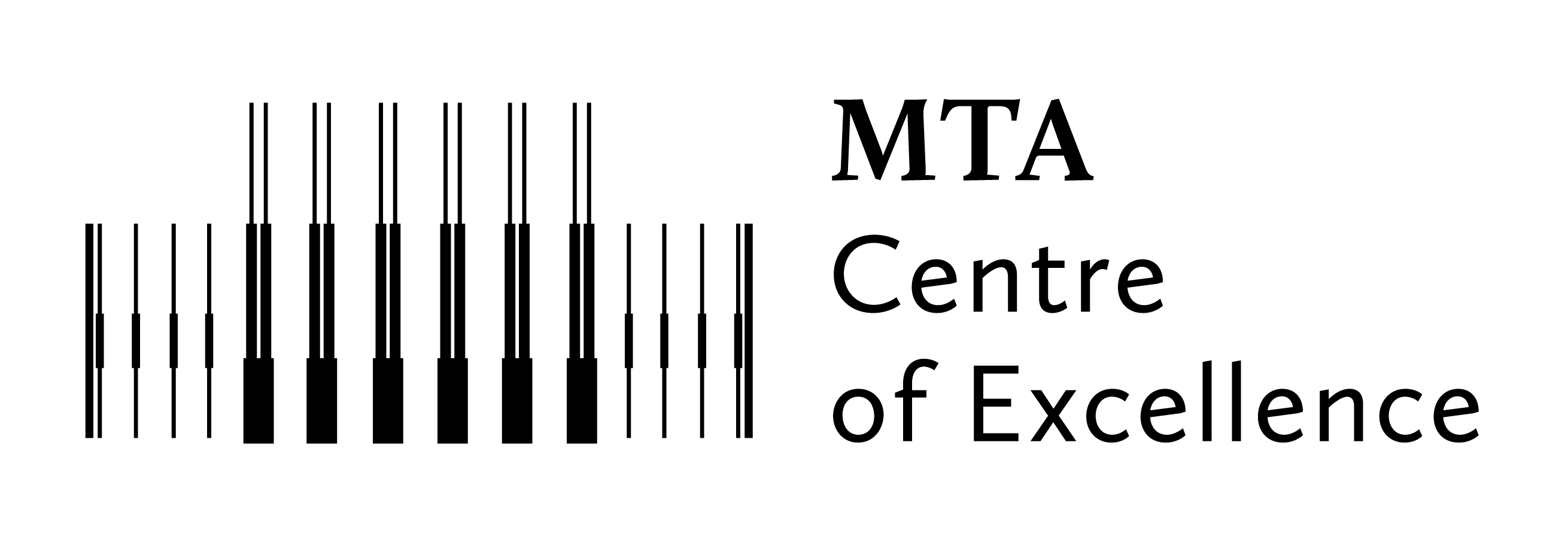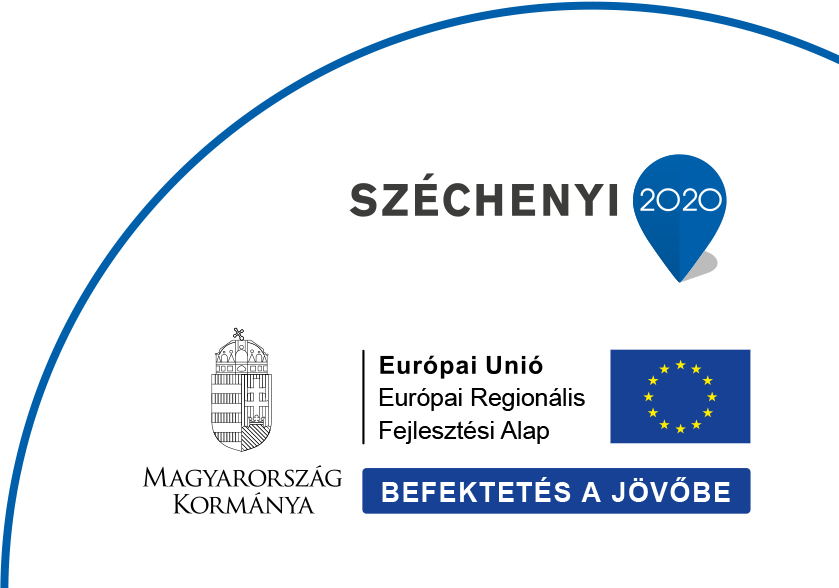Written by Aladár Cztirovszky and Péter Dombi
Győző FARKAS, doctor of the Hungarian Academy of Sciences and research professor emeritus of the Wigner Research Centre for Physics passed away at age 86. He was born in Kisnémedi, Hungary, on November 25, 1933. After graduating at the secondary school of the Piarist Order in Vác, he acquired his Physics diploma at Eötvös Loránd University in Budapest with excellent results. He started his carreer in the group of Károly SIMONYI at the Central Research Institute for Physics in 1956 which he had to leave soon due to his involvement in the revolution of 1956. Later, he could return to this institute to the group of Lajos JÁNOSSY, performing experiments on the dual nature of light. These experiments raised the interest of Werner HEISENBERG, visiting this laboratory several times in the 1950s.
Later Győző FARKAS started to investigate new aspects of light-matter interactions, since some of the first lasers built in Hungary could already induce highly nonlinear processes. These experiments also found substantial international attention. One of the peaks of his career was his proposal on attosecond pulse generation, based on high harmonic generation, published in Physics Letters A in 1992 (vol. 168, 447-450). Many consider this as the date of birth of attosecond science. Győző FARKAS thus had a seminal role in laying the fundaments of the ELI-ALPS facility (Extreme Light Infrastructure, Attosecond Light Pulse Source) in Hungary. His work was recognized by several decorations in Hungary, including the Physics Award of the Hungarian Academy of Sciences (2000) and the prestigious state Széchenyi Prize (2014).
We remember Győző with his sentences from one of the last interviews he gave. When he was asked about his painting and playing the organ in his spare time, he answered, "The explanation is simple. I grew up in a poor family and we worked a lot on the fields. That was quite a physical activity. There, I learned the value of labour. Then, I learned the benefits of intellectual activity in the school of the Piarist Order, first of all since they taught me for free beacuse of the good grades that I had and they steered me toward humanities, as well. Therefore, I enjoy both worlds [i.e. science and humanities]."
We, who could become his colleagues, were lucky to have been able to work together with such a knowledgeable and modest person. Győző will be missed but not forgotten by the research community in Hungary and abroad.




